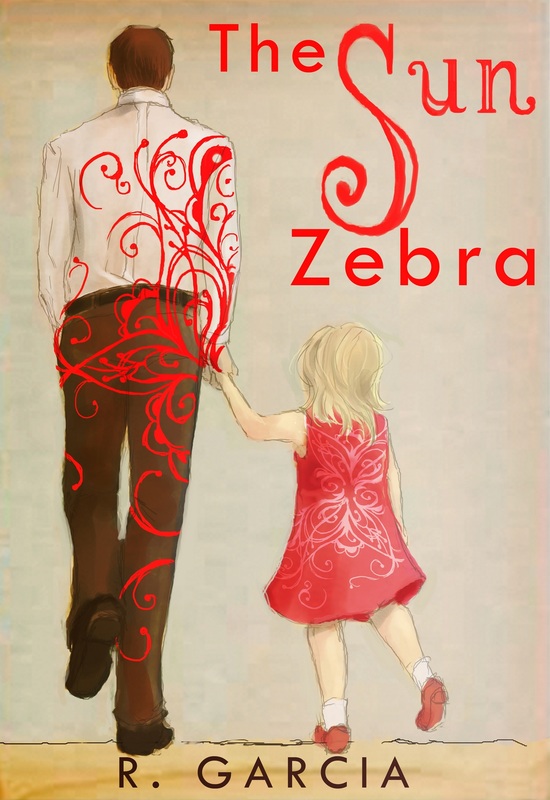|
Cut like crazy. Less is more. I've often read manuscripts–including my own–where I've got to the beginning of, say, chapter two and have thought: "This is where the novel should actually start." A huge amount of information about character and backstory can be conveyed through small detail. The emotional attachment you feel to a scene or a chapter will fade as you move on to other stories. Be business-like about it.
2 Comments
The first and perhaps the most important requirement for a successful writing performance—and writing is a performance, like singing an aria or dancing a jig—is to understand the nature of the occasion.
Writers spend all their time preoccupied with just the things that their fellow men and women spend their time trying to avoid thinking about. ... It takes great courage to look where you have to look, which is in yourself, in your experience, in your relationship with fellow beings, your relationship to the earth, to the spirit or to the first cause—to look at them and make something of them.
Nobody can advise and help you, nobody. There is only one single means. Go inside yourself. Discover the motive that bids you write; examine whether it sends its roots down to the deepest places of your heart, confess to yourself whether you would have to die if writing were denied you. This before all: ask yourself in the quietest hour of your night: must I write?
If you’re not lying awake at night worrying about your novel, the reader isn’t going to, either. I always know that when I get a good night’s sleep, the next day I’m not going to get any work done. Writing a novel is like working on foreign policy. There are problems to be solved. It’s not all inspirational.
We need the books that affect us like disaster, that grieve us deeply, like the death of someone we loved more than ourselves, like being banished into forests far from everyone, like a suicide. A book must be the axe for the frozen sea inside us.
Writers aren’t people exactly. Or, if they’re any good, they’re a whole lot of people trying so hard to be one person. It’s like actors, who try so pathetically not to look in mirrors. Who lean backward trying–only to see their faces in the reflecting chandeliers.
Don't panic. Midway through writing a novel, I have regularly experienced moments of bowel-curdling terror, as I contemplate the drivel on the screen before me and see beyond it, in quick succession, the derisive reviews, the friends' embarrassment, the failing career, the dwindling income, the repossessed house, the divorce . . . Working doggedly on through crises like these, however, has always got me there in the end. Leaving the desk for a while can help. Talking the problem through can help me recall what I was trying to achieve before I got stuck. Going for a long walk almost always gets me thinking about my manuscript in a slightly new way. And if all else fails, there's prayer. St. Francis de Sales, the patron saint of writers, has often helped me out in a crisis. If you want to spread your net more widely, you could try appealing to Calliope, the muse of epic poetry, too.
It’s very hard to write about that which is always beautiful and pleasant and good. You don’t get anywhere with it. There’s no friction in it. There’s no trouble. You have to have trouble. Somebody’s got to get in trouble, or no one wants to read it.
|
I am a trader of jacks and a jack of all trades!
Do you like this blog? You can have links to blog posts delivered to your e-mail address. Please click here.
Categories
All
Archives
January 2015
|


 RSS Feed
RSS Feed
